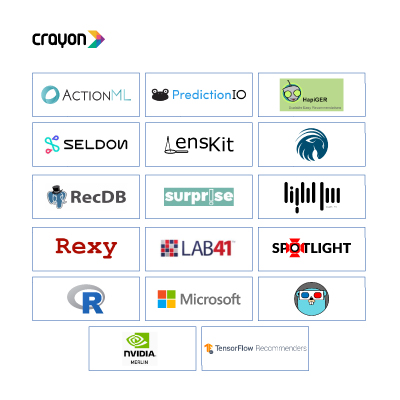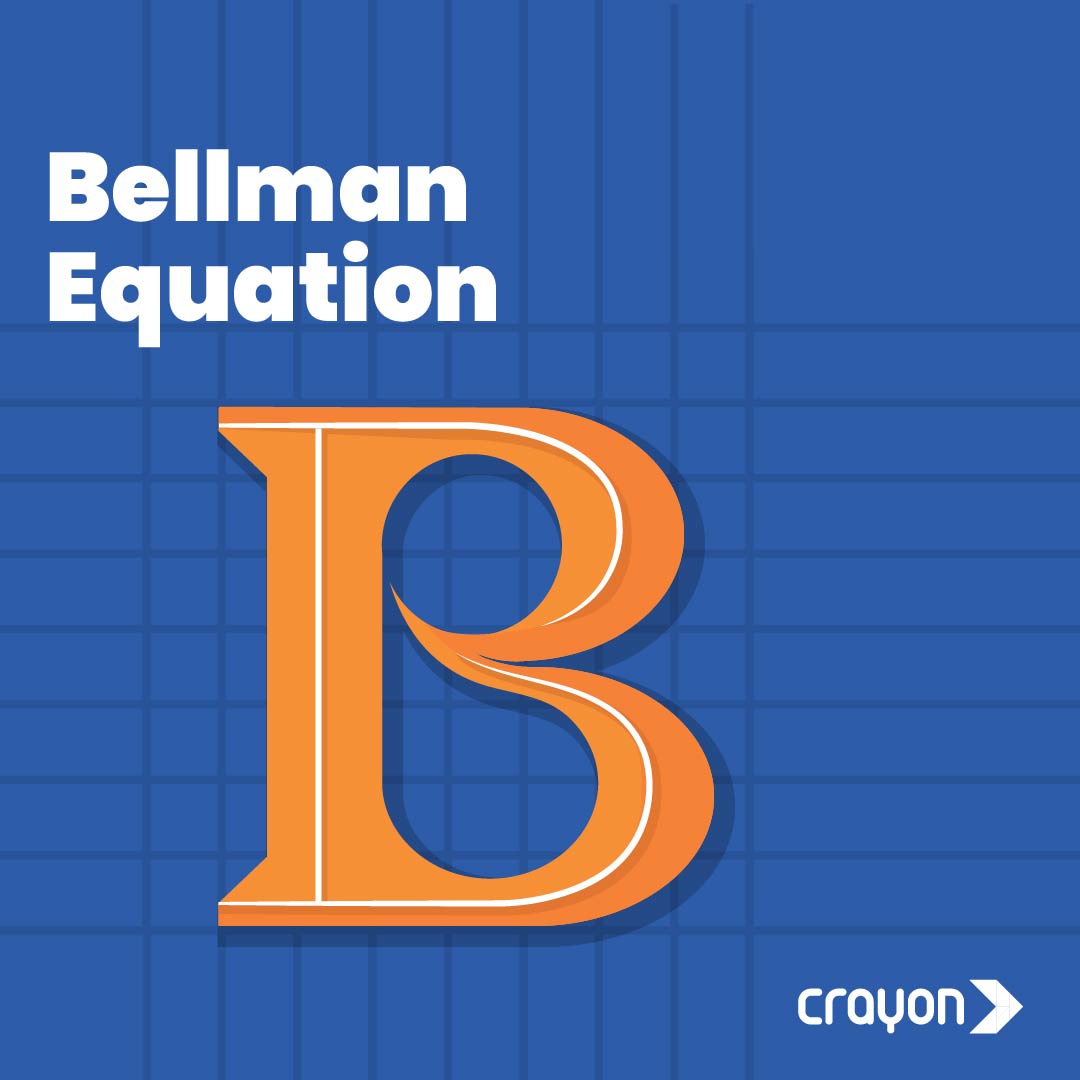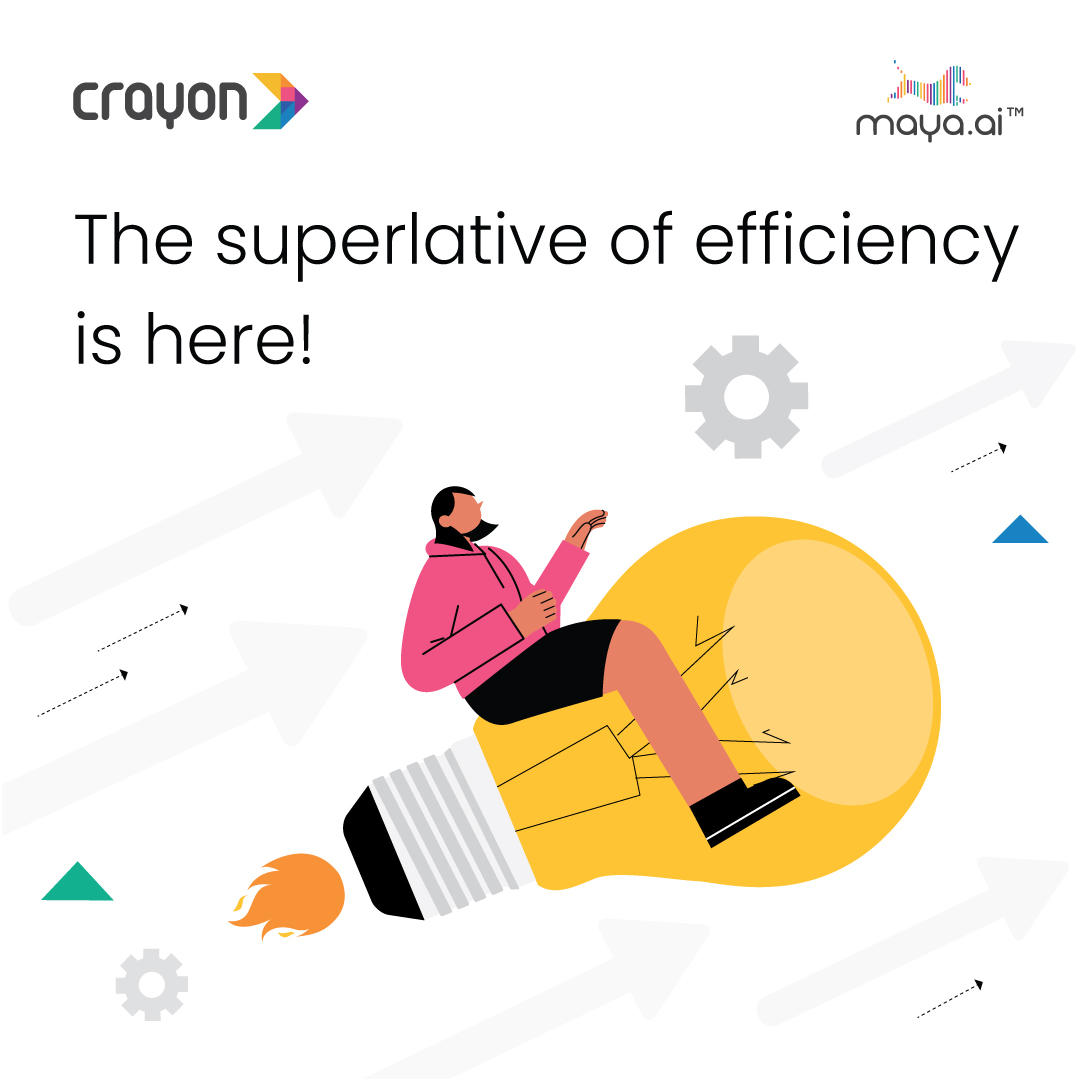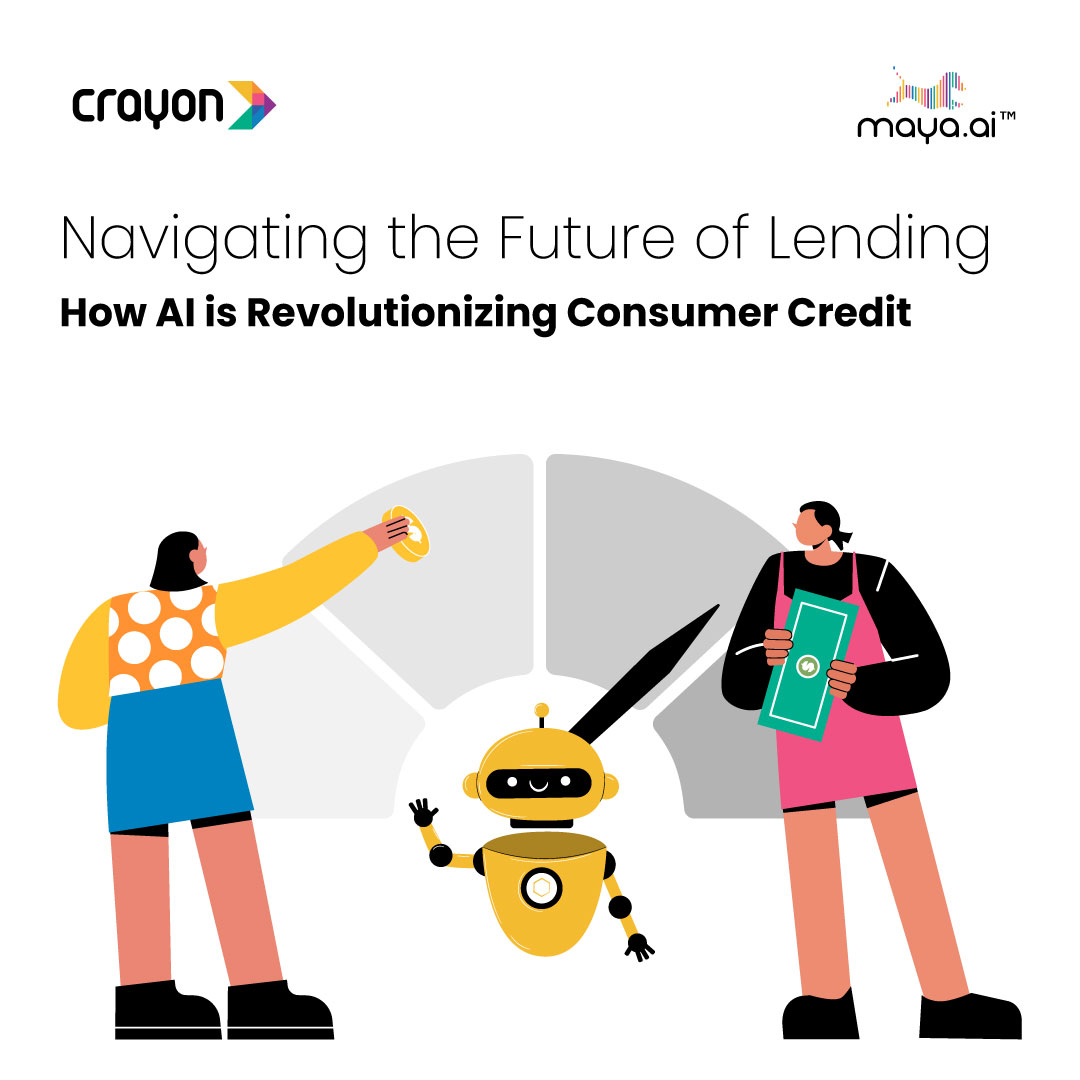In today’s digital age, where information overload is a constant challenge, personalized recommendations have become an essential part of our online experiences. Whether it’s suggesting movies, books, products, or even potential connections, recommender systems play a pivotal role in enhancing user engagement and satisfaction. Behind the scenes, a wide array of algorithms, packages, tools, and frameworks work tirelessly to generate these recommendations, tailoring them to individual preferences and interests.
Here, we share 25 indispensable algorithms, packages, tools, and frameworks that empower developers, data scientists, and enthusiasts to dive deep into the world of personalized recommendations. Whether you’re a beginner taking your first steps in this fascinating field or an experienced practitioner seeking new insights, this comprehensive guide is designed to ignite your curiosity and equip you with the tools you need to build powerful recommendation systems.

So, let’s dive in!
1. The Universal Recommender
It is built on the modern Correlated Cross-Occurrence Algorithm that uses many indicators of user taste, and so can target most use cases. Source on github built-in to the Harness ML server or as a template for the older PredictionIO server (highest-rated template). Active and commercially supported.
2. PredictionIO
Built on technologies Apache Spark, Apache HBase and Spray, this machine learning server can be used to create a recommender system. The source can be located on github. Main repository has been abandoned.
3. Raccoon Recommendation Engine
This open source Node.js based collaborative filter uses Redis as a store. It is effectively abandoned.
4. HapiGER
This open source Node.js collaborative filtering engine can use in-memory, PostgreSQL or rethinkdb.
5. DeepCTR
An Easy-to-use, Modular and Extendible package of deep learning based CTR models along with lots of core components layers which can be used to easily build custom models.
6. Seldon
A Java based prediction engine built on technologies like Apache Spark. It provides a demo movie recommendations application on its website.
7. LensKit
LensKit is a Java based research recommender system designed for small-to-medium scale.
8. Oryx v2
A large-scale architecture for machine learning and prediction.
9. RecDB
A PostgreSQL extension to add recommendation algorithms like collaborative filtering directly into the database.
10. Crab
This is a python recommender based on the popular packages NumPy, SciPy, matplotlib. The main repository seems to have been abandoned.
11. predictor
A ruby recommender gem that uses Jaccard or Sorenson-Dice coefficient to provide both item centric e.g. “Users that read this book also read …” and user centric e.g. “You read these 10 books, so you might also like to read …” recommendations. Looks a bit neglected.
12. Surprise
A Python scikit for building and analyzing (collaborative-filtering) recommender systems. Various algorithms are built-in, with a focus on rating prediction.
13. LightFM
An actively developed Python implementation of a number of collaborative- and content-based learning-to-rank recommender algorithms. Using Cython, it easily scales up to very large datasets on multi-core machines and is used in production at a number of companies, including Lyst and Catalant.
14. Rexy
This open-source recommendation system is based on a general User-Product-Tag concept and a flexible structure that has been designed to be adaptable with variant data-schema. Rexy is written in Python-3.5 in a highly optimized, Pythonic and comprehensive way that makes it so flexible against the changes. It also used Aerospike as the database engine which is a high speed, scalable, and reliable NoSQL database.
15. QMF
A fast and scalable C++ library for implicit-feedback matrix factorization models with weighted ALS and BPR. And for evaluation, QMF supports various ranking-based metrics that are computed per-user on test data, in addition to training or test objective values.
16. hermes
A recommendation framework for collaborative-filtering and content-based algorithms in PySpark. Main repository has been abandoned.
17. Spotlight
Spotlight utilizes factorization model and sequence model in the back end for building a basic recommendation system. It’s a well-implemented Python framework.
18. Implicit
A Fast Python Collaborative Filtering for Implicit Datasets. It provides fast Python implementations of several different popular recommendation algorithms for implicit feedback datasets. It covers algorithms such as alternating least squares, Bayesian personalized ranking, logistic matrix factorization, logistic matrix factorization, item-item nearest neighbour models, using cosine, TFIDF or BM25 as a distance metric.
19. recommenderlab
recommenderlab provides a research infrastructure to test and develop recommender algorithms including UBCF, IBCF, FunkSVD and association rule-based algorithms.
20. CaseRecommender
A Python implementation of a number of popular recommendation algorithms. The framework aims to provide a rich set of components from which you can construct a customized recommender system from a set of algorithms.
21. ProbQA
This C++/CUDA recommender system uses a Bayesian approach to learning how answers to its questions map to best recommendations of a target being searched. On GitHub it’s available with an example of learning the binary search algorithm. Its application to a video game recommendation system is available on the internet as a demo of the engine.
22. Microsoft Recommenders
With examples, utilities and best practices for building recommendation systems, Microsoft Recommenders provides implementations of several state-of-the-art algorithms for self-study and customization in your own applications.
23. Gorse
An offline recommender system backend based on collaborative filtering written in Go. It implements multiple rated or ranked based recommenders and multiple tools ranging from import/export tools to RESTful recommender server.
24. Nvidia Merlin
An end-to-end recommender-on-GPU framework that aims to provide fast feature engineering and high training throughput to enable fast experimentation and production retraining of DL recommender models.
Another product from Nvidia is Transformers4Rec. This is a flexible and efficient library for sequential and session-based recommendation and can work with PyTorch. The library works as a bridge between natural language processing (NLP) and recommender systems (RecSys) by integrating with one of the most popular NLP frameworks, Hugging Face Transformers (HF). Transformers4Rec makes state-of-the-art transformer architectures available for RecSys researchers and industry practitioners.
25. TensorFlow Recommenders
This library is for building recommender system models using TensorFlow. It helps with the full workflow of building a recommender system: data preparation, model formulation, training, evaluation, and deployment.





